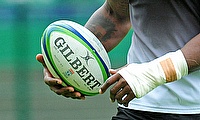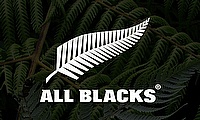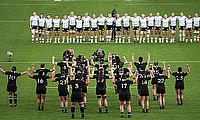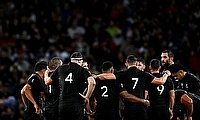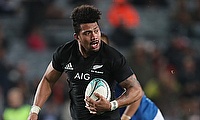Fridge After Christmas: Why the Invitational XV Was Left with the Leftovers and Aussie Rugby’s Higher-Ups Remain Tone-Deaf
Rugby fans tuning in to watch the much-hyped Invitational XV were left scratching their heads. Where were the global icons? The game-changers? The seasoned internationals like Aaron Smith, Richie Mo’unga, Sam Cane, Will Genia, Bernard Foley?
As one fan bluntly put it:
“What happened to the big stars? Smith, Mo’unga etc. Hang on—Australian rugby couldn’t afford to insure them!”
The Harsh Reality Behind the Squad
The concept of an “invitational” side brings with it expectations of spectacle—a dream team assembled across borders. But this time, the dream fell flat. Instead of a lineup stacked with world-class talent, the final team looked more like a patchwork of players still searching for contracts or form.
Many were Super Rugby names not needed by the All Blacks, Maori All Blacks, Samoa, Fiji, or the Wallabies. A few were solid professionals, sure—but marquee players they were not.
So Why Weren’t the Big Names There?
Simple: cost. The price to insure players like Smith, Mo’unga, or Genia for a single exhibition match? Clearly too high. With Rugby Australia tightening the purse strings, the math just didn’t add up.
In other words, this wasn’t a showcase of the best available talent. It was “the best of what’s leftover and willing.”
The Fridge After Christmas
Think of it like this: five days after Christmas, you open the fridge. The good stuff’s gone—served up at the test tables of Tier 1 nations. What’s left? A few side dishes, maybe some dry turkey, and odds and ends that didn’t make the Christmas Day spread.
That’s exactly what the Invitational XV felt like. It wasn’t a selection—it was a salvage operation.
The Scoreline Was Inevitable
Given that reality, the lopsided scoreline was no surprise. The Invitational team lacked chemistry, experience, and international calibre. Against a well-drilled opponent, they looked exactly like what they were: individuals thrown together with limited prep, carrying the badge of a team in name only.
What Needs to Change?
If rugby wants to make these invitational matches a real drawcard, two major things need to shift: player availability and meaningful stakes. Without those, it’s just fluff disguised as spectacle.
And frankly, it’s hard to shake the feeling that the higher-ups in Australian rugby don’t actually care. With tickets sold and the broadcast deal locked in, the final product—and the integrity of the match—seemed like an afterthought
@hellokitcho

